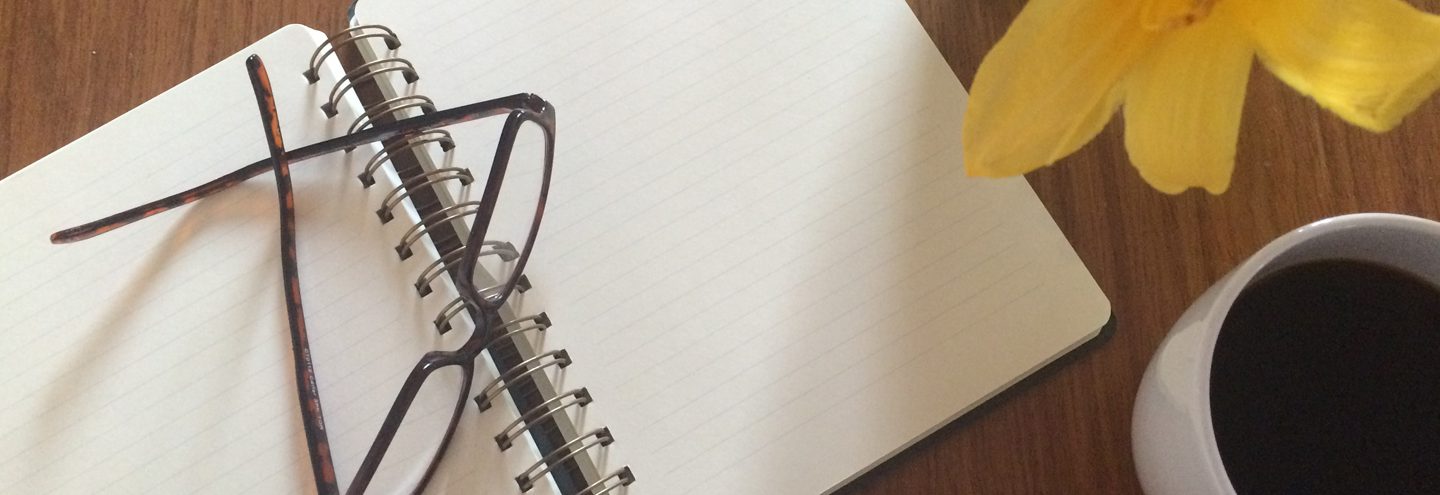It’s been weeks—months really—since I’ve opened up this blog to write. It’s not that I haven’t wanted to; it’s really been due to the unfamiliar sensation that I haven’t been able to. “Unfamiliar” because throughout the course of my writing life I have, for the most part, simply gotten down to the business of writing whether I felt like it or not. (I’ve learned that great productivity awaits those who are willing to work.)
No, I think the problem has been this pandemic; all of the sameness of pandemic living for the past year—I happen to live in a region that holds the distinction of having been the most locked-down in all of North America—is finally having its effect on me. This introvert is calling “Uncle!” I’m tired of the lack of novelty, the dearth of celebration in pandemic life. I want to be with family and friends again.
And yet. There is always that “and yet,” (which I understand as the gentle nudge of the Spirit within that prods or convicts me to not remain fixated on my complaints and sorrows but to look for God’s blessings in the midst of them) it has also been a time with more time for introspection. Introspective by nature, I have relished the unprecedented opportunities to learn about myself, God, and others as I’ve had increased time to walk, and freedom to be in nature than pre-pandemic life allowed.
For example, just last week, on one of my daily walks, I chose a freshly repaved and winding path through a small wooded park in our neighbourhood. As I walked and thought and prayed, a tree that I must have passed thousands of times caught my eye in a way it never has before. I am a firm believer that God speaks in diverse ways—including through His creation, so I paused and examined it more closely. Walking around its circumference, I took a couple of photographs—including the one at the top of this page. The ground was still March-soft and damp, and my shoes accumulated clods of mud that had to be scraped off—but it was worth it because that tree had something to teach me.
The trunk facing the path was split and appeared to have been hollowed out by animals or insects. There was evidence of disease, decay, and pain in the hollow. It wouldn’t take much to topple this probably once-healthy tree, I realized. I felt sad to see it.
But from the other side, the trunk still looked broad, vigorous, sturdy. Healthy. I would never have known the truth of the tree if I hadn’t looked at the other side.
Still, it wasn’t until this morning, that I suddenly knew why that tree had called to me. I am reading Paula D’Arcy’s Gift of the Red Bird, and in it, she writes of a long-ago encounter with some Indigenous people: “Observe and listen to nature, they believe, and the Great Spirit will teach you about your own nature and the truths for which the heart is hungry.”




With that single sentence, I remembered the tree. I thought about how what seemed to be strong from one perspective was disastrously weak and fragile from another. I considered how people can be like that tree—presenting an outside version of ourselves to the world that is very different from the reality of what exists on our insides. I thought about the importance of protecting our insides—physically, emotionally, spiritually—by what we feed our bodies and by what we allow our minds and souls to feed on.
And I thought of the word “integrity,” in all its shades of meaning that amount to wholeness, goodness, and incorruptibility, and how the tree—while appearing to be all of those things from one angle—was actually exactly the opposite.
















